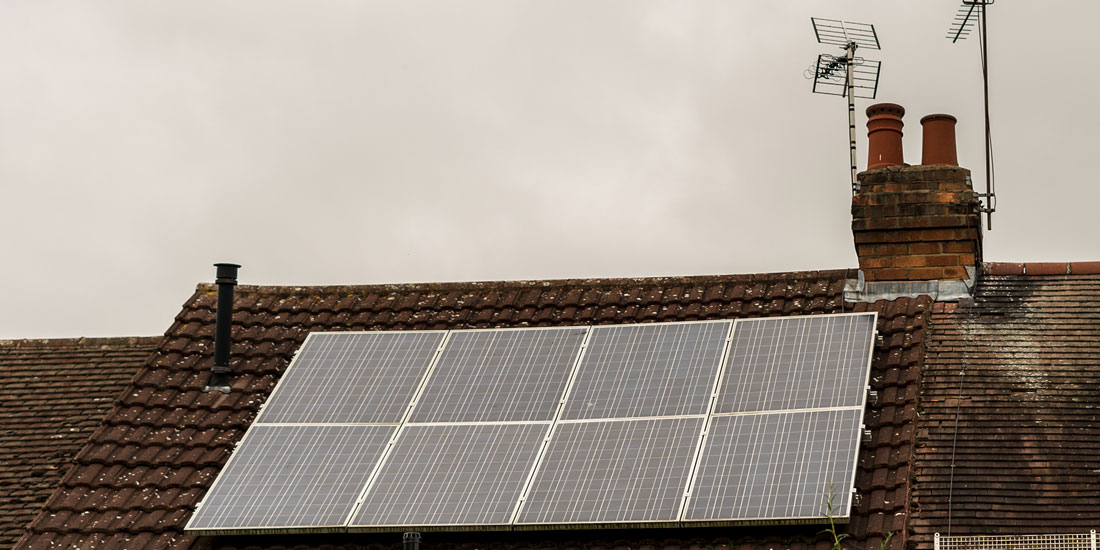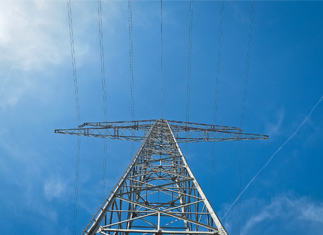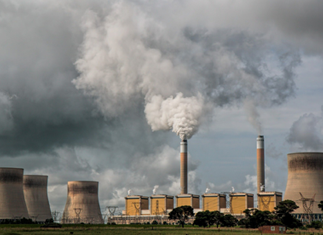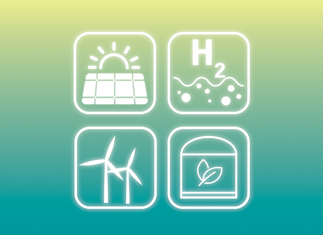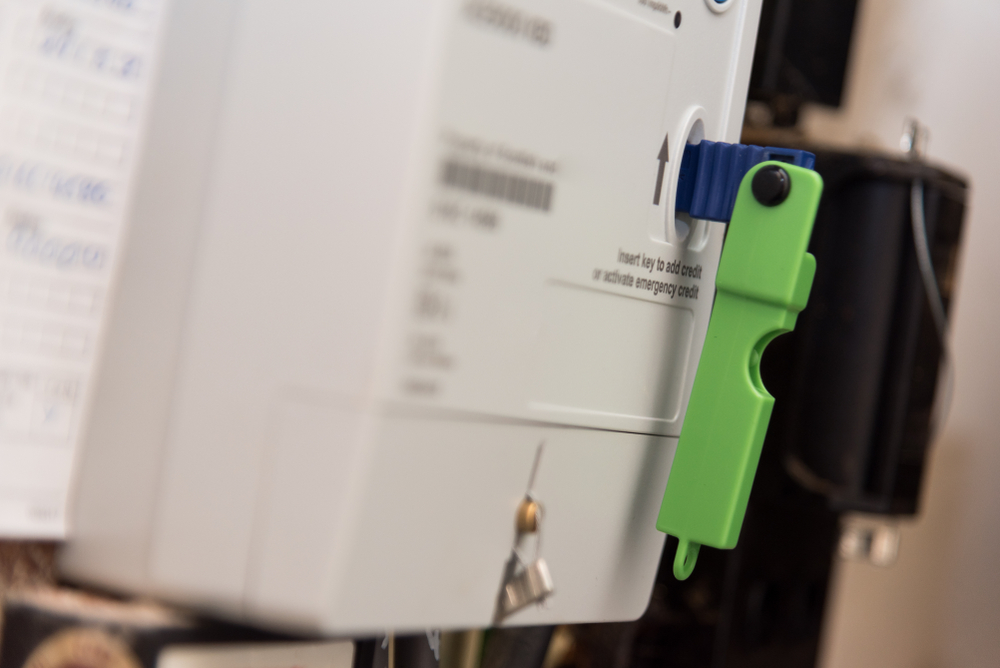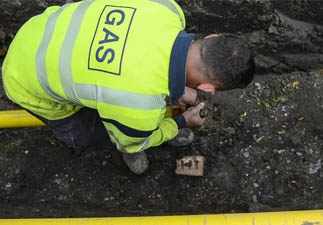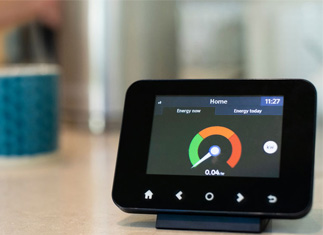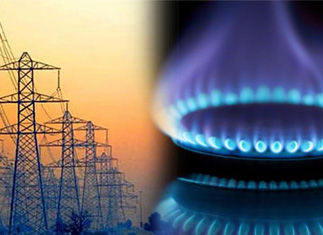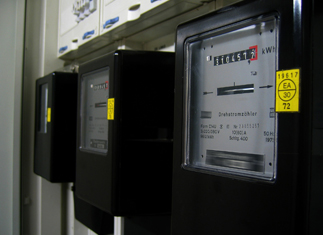Adapting the price cap methodology for resilience in volatile markets: NEA response to Ofgem consultation
Date: 14th Jan 2022

About National Energy Action (NEA)
NEA[1] works across England, Wales and Northern Ireland to ensure that everyone in the UK[2] can afford to live in a warm, dry home. To achieve this, we aim to improve access to energy and debt advice, provide training, support energy efficiency policies, local projects and co-ordinate other related services which can help change lives.
Background to this response
On average, the price of energy has increased by £235 for domestic consumer across Great Britain since last winter. NEA estimate the record rise last month to the Default Tariff price cap resulted in over 500,000 more households pushed into fuel poverty and a further 1.2 to 1.5 million could face the same plight if the price cap goes up in April by between £400 and £600, as predicted by some industry experts. On 3rd February 2021 NEA warned increases to the GB price cap in April could see the average combined domestic dual fuel bill increase by a further £550 per year. NEA also warned the cost of heating the average home will have doubled over 18 months. Over the same period, those on the lowest incomes and households that contain someone with a long-term illness or disability that reduces their ability to work have seen their income plummet by over £1000 per year. In addition, inflation remains high, meaning that essentials outside of energy also continue to rise in price. This places a worrying burden on the shoulders of the poorest households, especially those living in the least efficient homes.
In light of this, we wrote to Ofgem indicating the role that the regulator could take in protecting consumers in such a situation. In particular, we indicated that work needed to be done by Ofgem to progress the following:
- Raising awareness of the current support available across the GB energy market by using multiple communication channels to drive greater awareness of the support available.
- Progressing work to better identify financial vulnerability to ensure that suppliers consistently offer support to customers in financial difficulty.
- Investigating a new social tariff to help make energy more affordable for a discrete and well-defined set of energy customers (see details in annex 1).
- Working to ensure that when a supplier exits the market:
- That prepayment users retain the ability to top up, in both the period between the exit and the Supplier of Last Resort (SOLR) being appointed, and once the SOLR takes over.
- Customers’ debts to that supplier are transferred to the SOLR so that this debt is regulated through the standard gas and electricity supplier licence conditions.
- The pass through of SOLR costs are spread over a longer period.
- Ensure any modifications to how the energy cap is calculated does not lead to more frequent adjustments to increase the pass through of policy costs.
- Reducing the wider burden of energy debt on customers by ensuring suppliers promote a range of debt repayment options and ensure they are taking more active steps to identify and reduce problem debt for their customers.
- Working with Government to maximise opportunities to accelerate the deployment of smart meters for legacy pre-payment customers and correct the negative distributional impact of how policy and regulated costs are currently recovered by energy suppliers and energy networks.
- Realising the full role of energy networks to support vulnerable customers and investigate how to repurpose help for fuel poor households in creative ways.
Cold, damp and unsafe homes continue to cause shocking levels of unnecessary hardship and premature mortality. In polling conducted by YouGov[3], 60% of British adults said that this level of increase in their heating bill would lead them to reduce the amount that they heat their home by either a fair amount, or a great deal. Worryingly, this included 62% of the Socio-Economic group C2DE, which are more likely to be low income, and therefore be underheating their home even before prices increase. NEA is incredibly concerned, therefore, that the increase energy bills next year will lead to more people living in colder homes, more people become ill because of this, and ultimately more deaths next winter.
NEA is a supporter of the price cap as a device to ensure that households pay a fair price for energy, and to ensure that energy suppliers to not make excessive profits. As of 2020 it was estimated that the introduction of the default tariff price cap had saved customers around £1 billion a year, equivalent to around £75-100 a year for typical households on default energy tariffs. This saving will now be substantially more, because of the protection offered to households this winter.
Our response
This response will address the questions in the call for input that are most relevant to us as a fuel poverty charity. These are namely questions 2 and 3.
Question 2 – What is the best way to tackle this issue whilst protecting consumer interests?
NEA strongly believes that the best way to protect the interests of fuel poor households while tackling the issue of price volatility would be to maintain a similar price protection to that already exists for households on default tariffs but sitting alongside a separate, deeper price cap for the most vulnerable households. This cap must be additional to the default tariff price cap and the Warm Home Discount Scheme, as it would offer a different type of protection than either. It is clear from precious Ofgem work on implementing the Safeguard Tariff that it is within the scope of the regulator to implement such a tariff, so there is little need for Government intervention in the first instance (although for an even deeper price cap, available only to vulnerable households, Government intervention might be necessary). Any such tariff must be, at a minimum:
- Additional – To enhance protections in the market for vulnerable households any new social tariff should be additional to the WHD and Default Tariff Price Cap. These policies perform different specific functions that cannot be replicated by a social tariff.
- Mandated – To ensure that a social tariff is accessible across the market, it should be a consistent requirement for all suppliers. This will mean that those who qualify for a social tariff do not lose out because their supplier has not gone as far as other suppliers.
- Targeted at those most in need – The social tariff must be available to the most vulnerable customers. Low-income and vulnerable households that use prepayment (especially those using legacy prepayment meters) currently see significant detriment in the market, which has been only partially corrected by the default tariff price cap.
- Reduce costs – A social tariff must help vulnerable consumers reduce their energy costs and be priced below the default tariff price cap. To do this it is likely it would not include any ‘headroom’ for switching or costs for smart metering. It should also re-structure the recovery of costs from the standing charge to enable low-income households on PPM to access units of energy before policy or network costs are recovered.
- Auto-enrolled – To ensure that customers that are not engaged in the energy market or are not supported by suitable energy advice, any social tariff should be based on auto enrolment for those deemed eligible. This can be done using suppliers existing customer data and/or data sharing with the Department of Work and Pensions (DWP).
In addition to considering how to support vulnerable customers via a new social tariff, NEA has highlighted how to expand support based on current policy mechanism. We have identified and costed the following policy options:
- How to expand the Warm Home Discount so that everyone who is eligible automatically receives support
- How to support an additional 2.4 million low-income, working age households across the UK with the Winter Fuel Payment
- How to help accelerate the repayment of utility debts across the UK
- How energy suppliers can consistently identify and act on financial vulnerability
- How to maximise the rollout of smart pre-payment
Question 3 – Which adaptations to the price cap are preferred and why, including any additional options not set out in this paper? (Please provide an outline description of how any alternatives would work)
We address each option in terms of its advantages and disadvantages for fuel poor households in the table below
| Option | Advantages | Disadvantages | Conclusion |
| Enhanced Status Quo | Minimal changes for fuel poor households, retaining the majority of the protections of the current price cap design.
Continues to give SVT households confidence in their energy prices over a prolonged period. Clear mechanism to alter the price cap outside of the usual cycle, and only when changes are severe. No unfair exit fees. Provides a robust bottom up model of energy prices, giving households and consumer groups confidence over fair pricing. |
If the mechanism to alter the price cap is not sensitive enough to severity, it may not solve the issue of volatility.
|
With all things balanced, the best option for consumers. Could be improved with a small change. |
| Quarterly Updates | No unfair exit fees.
Will give better protection for suppliers against market volatility. This may feed through to bills. Provides a robust bottom up model of energy prices, giving households and consumer groups confidence over fair pricing. |
Does not give SVT households confidence in their energy prices over a prolonged period.
Could end up with many little changes to the price cap which could be confusing for households and erode consumer confidence. |
While not the optimal solution, this could be acceptable with some changes (see below this table). |
| Fixed Term Default Tariff | Provides a robust bottom up model of energy prices, giving households and consumer groups confidence over fair pricing.
|
Whilst this gives better protection against wholesale volatility for suppliers, the risk burden is handed over to customers in a sharp way.
Customers will be locked in to what is likely, in the long run, to be the most expensive tariff offering. This will reduce competition in the market and will cause detriment to vulnerable households, reducing their incentive to become active participants in the market. A distinct lack of fairness from a consumer perspective to face an exit fee for a tariff that they have not necessarily actively chosen. |
An unacceptable option for fuel poor households. |
Our clear preference is for the Enhanced Status Quo option. In order to ensure that it works best for households, NEA recommends that any reopener is specific to unpredictable parts of the price cap, such as the wholesale cost element, and other predictable elements remain unchanged in the reopener (such as policy and network costs).
The Quarterly Update option could become acceptable, if not optimal, with several changes:
- If the updates were set up so that the price cap did not change over the winter period. This is a crucial period for fuel poor households as they require confidence to use their heating to maintain a healthy temperature. Updating the cap in March, November, May and August, for example, would achieve this.
- Predictable costs, such as policy and network costs, should only change once per year, limiting the sharpness of changes with each additional update.
[1] For more information visit: www.nea.org.uk.
[2] NEA also work alongside our sister charity Energy Action Scotland (EAS) to ensure we collectively have a UK wider reach.
[3] Polling was carried out by YouGov from 26th to 28thNovember 2021 to gather a nationally and politically representative view of the impact of a doubling of the cost of heating a home and investigate what impact, if any, this would have on home heating habits. 59% say they would reduce their heating use by a fair amount/great deal if the cost of heating doubles. All figures, unless otherwise stated, are from YouGov Plc. Total sample size was 1,684 adults. Fieldwork was undertaken between 26th – 28th November 2021. The survey was carried out online. The figures have been weighted and are representative of all GB adults (aged 18+). The polling results can be found at https://docs.cdn.yougov.com/op3azx1z20/NEA_HeatingCosts_211129_W.pdf
Resources
Related resources
© 2024 NEA all rights reserved.



